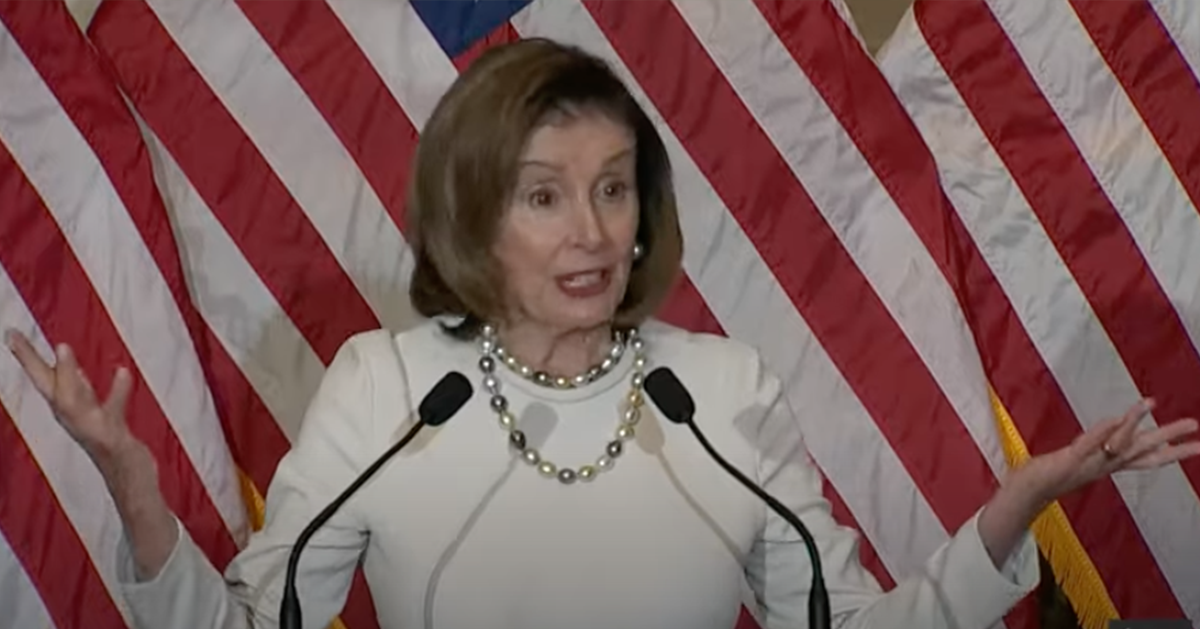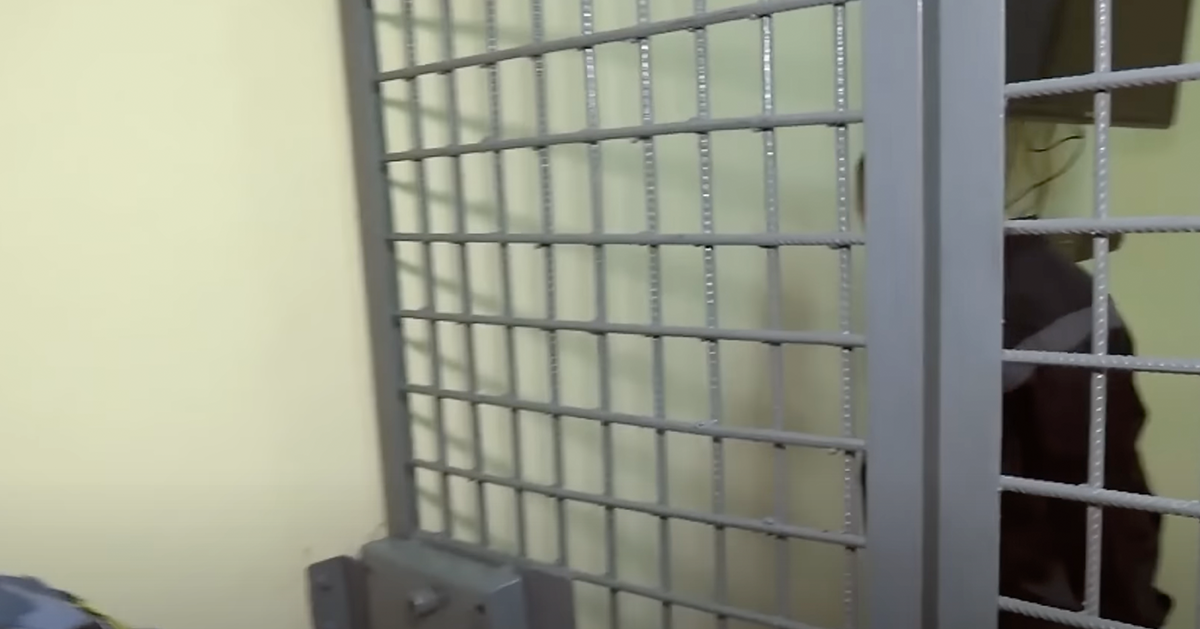Supreme Court Appears Likely to Support Some of Trump's Post-Presidential Immunity Claims
In a pivotal legal battleground, the Supreme Court of the United States is currently evaluating former President Donald Trump’s claim of presidential immunity in relation to charges that he sought to overturn the 2020 election results.
This landmark case, known as Trump v. United States, revolves around the contours of presidential power and the extent of legal accountability for former commanders in chief, and based on Thursday's oral arguments, the high court may be receptive to the former president's contentions, as Breitbart reports.
The high court's decision could define presidential immunity going forward and affect Trump's continued legal troubles linked with the 2020 election.
Details of the Supreme Court Deliberation
The core issue before the justices is whether Trump can claim presidential immunity from prosecutions after his term ended.
The debate peaks amidst Trump’s efforts to evade charges concerning his actions related to the disputed election results of 2020. Special counsel Jack Smith has vigorously argued against Trump's claim, advocating that such immunity does not extend beyond the presidency in this context.
A federal trial court had previously concluded that Trump does not enjoy such immunity, but the proceeding was halted awaiting the Supreme Court's final judgment. Expected in late June, this decision could potentially reshape the landscape of presidential privilege after office.
Implications for Future Presidential Conduct
If the Supreme Court sides with Trump, the ruling could provide a foundation for immunity that might shield former presidents from legal actions tied to their tenure.
This would arguably dismantle the lower court's verdict and require a rigorous reevaluation at the trial court level, potentially delaying any proceedings past the upcoming presidential election on Nov. 5, 2024.
The justices are scrutinizing various scenarios under which a president might face criminal charges.
Discussions during the hearings have revealed a leaning towards an acknowledgment of limited post-presidential immunity, though the exact parameters are still being debated.
Voices from the Supreme Court
Justice Neil Gorsuch questioned the scope of such immunity, pondering if a president could indeed face prosecution after his term. Michael Dreeben, representing the prosecution side, responded cautiously, suggesting that in most scenarios, the answer would be "probably not."
Furthermore, Justice Samuel Alito and Dreeben engaged in a pointed discussion about the real-world application of such immunity. Alito highlighted the challenges presidents face, emphasizing the necessity of sound legal judgment during their tenure, hinting at an inclination to view presidential decisions with leniency unless they clearly cross legal boundaries.
Federal Indictment Processes Scrutinized
The theory of easiness in federal indictments was also a topic during discussions, with Alito referencing the ease with which federal grand juries could indict, likening it to the capability to "indict a ham sandwich."
Alito’s questions aimed at understanding the simpatico between prosecutors’ desires to indict and grand juries’ decisions to proceed.
Dreeben admitted the merits of this skepticism, prompting Alito to quip about the rarity of such grand jury disagreements, to the amusement of the courtroom.
This case places unprecedented scrutiny on the boundaries of constitutional powers and responsibilities, making it a cornerstone for understanding presidential immunity in modern U.S. jurisprudence.
Its implications stretch far beyond Trump himself, influencing how presidential accountability is perceived and pursued.
With a decision expected by the end of June, legal and political circles are keenly observing the outcomes which could have lasting effects on the governance and justice landscape of the United States.





